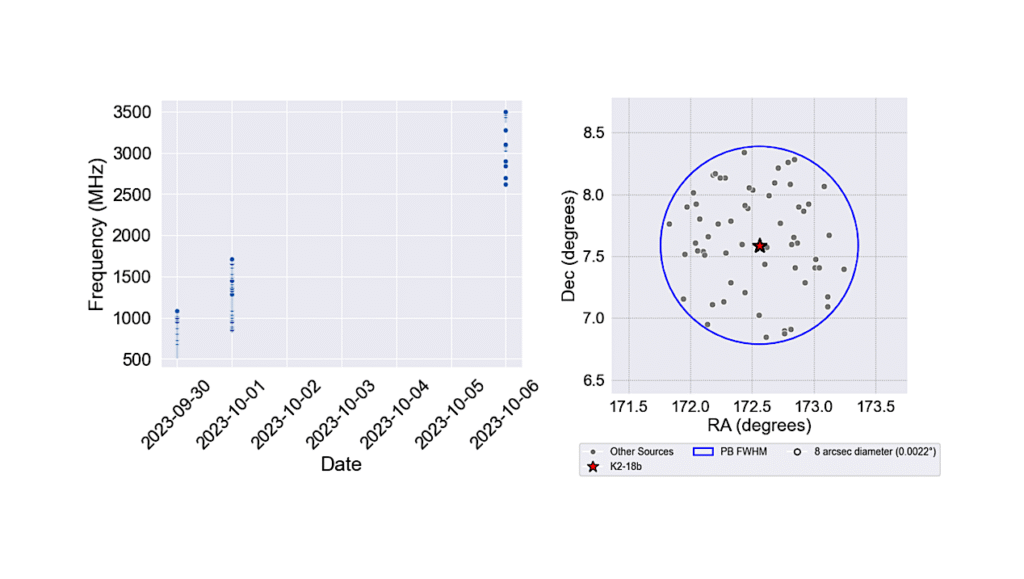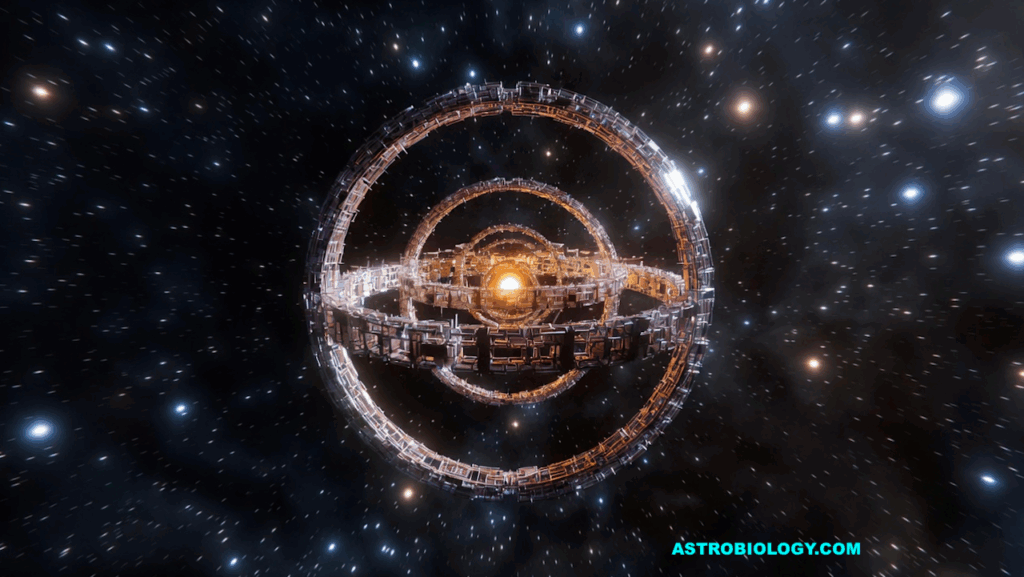The Aliens Are Silent Because They Are Extinct

Life on other planets would likely be brief and become extinct very quickly, say astrobiologists from The Australian National University (ANU).
In research aiming to understand how life might develop, the scientists realized new life would commonly die out due to runaway heating or cooling on their fledgling planets.
“The universe is probably filled with habitable planets, so many scientists think it should be teeming with aliens,” said Dr. Aditya Chopra from the ANU Research School of Earth Sciences and lead author on the paper, which is published in Astrobiology.
“Early life is fragile, so we believe it rarely evolves quickly enough to survive.”
“Most early planetary environments are unstable. To produce a habitable planet, life forms need to regulate greenhouse gases such as water and carbon dioxide to keep surface temperatures stable.”
About four billion years ago Earth, Venus and Mars may have all been habitable. However, a billion years or so after formation, Venus turned into a hothouse and Mars froze into an icebox.
Early microbial life on Venus and Mars, if there was any, failed to stabilize the rapidly changing environment, said co-author Associate Professor Charley Lineweaver from the ANU Planetary Science Institute.
“Life on Earth probably played a leading role in stabilizing the planet’s climate,” he said.
Dr. Chopra said their theory solved a puzzle.
“The mystery of why we haven’t yet found signs of aliens may have less to do with the likelihood of the origin of life or intelligence and have more to do with the rarity of the rapid emergence of biological regulation of feedback cycles on planetary surfaces,” he said.
Wet, rocky planets, with the ingredients and energy sources required for life seem to be ubiquitous, however, as physicist Enrico Fermi pointed out in 1950, no signs of surviving extra-terrestrial life have been found.
A plausible solution to Fermi’s paradox, say the researchers, is near universal early extinction, which they have named the Gaian Bottleneck.
“One intriguing prediction of the Gaian Bottleneck model is that the vast majority of fossils in the universe will be from extinct microbial life, not from multicellular species such as dinosaurs or humanoids that take billions of years to evolve,” said Associate Professor Lineweaver.
PIO Contact:
Dr. Phil Dooley
ANU Media Office
+61 2 6125 7979
[email protected]
Science Contacts:
Dr. Charles Lineweaver
ANU Planetary Sciences Institute
+61 2 6125 6717, +61 2 6125 0822
[email protected]
Dr. Aditya Chopra
ANU Research School of Earth Sciences
+1 808 383 1252 (currently in USA)
[email protected]
Reference:
“The Case for a Gaian Bottleneck: The Biology of Habitability,” Aditya Chopra & Charles H. Lineweaver, 2016 Jan. 20, Astrobiology [http://online.liebertpub.com/doi/10.1089/ast.2015.1387, PDF: http://adi.life/pubs/ChopraLineweaver2016.pdf].








